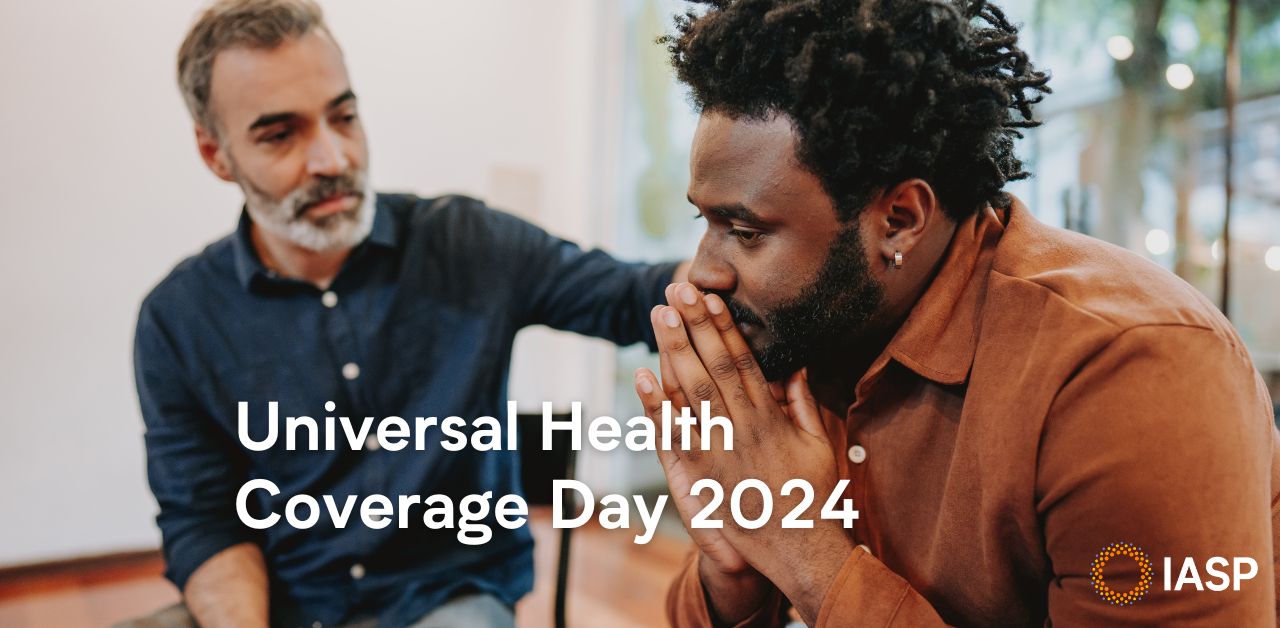On December 12, we mark Universal Health Coverage (UHC) Day as an opportunity to amplify the global call for quality, affordable, and accessible health care for everyone. The theme for this year “Health: It’s on the government!” highlights the essential role that governments play in creating robust health systems that ensure no one is left behind. The urgency of this action cannot be overstated because the world is not on track to progress towards achieving UHC as stated in the SDG target 3.8.
The 2023 UHC Global Monitoring Report published by the World Health Organization (WHO) and the World Bank revealed that over half of the global population still lacks access to basic health services and 2 billion people struggle financially to pay for the needed services. Among the most neglected areas within this are mental health and suicide prevention. Despite its critical importance, mental health remains underfunded and stigmatised worldwide, leaving millions without the support they need. Further, it is estimated that more than 700,000 people die due to suicide each year, profoundly impacting millions of families and communities. Addressing these issues requires a commitment to universal health coverage that explicitly includes mental health and suicide prevention services.
In addition to reduced or lost income, health and social care expenses place a heavy financial burden on people with mental health conditions. This burden worsens when not all nations offer universal health care and little funding is available to treat these conditions. WHO suggests investing in UHC for mental health to advance public mental health, reduce human rights violations, and promote socioeconomic development. For governments, the economic case for investing in mental health is clear as every dollar spent is expected to return four dollars in improved health and productivity. By making this investment, we can ensure that individuals with mental health conditions have access to prevention and treatment services as well as lessen the financial burden of out-of-pocket health and social care expenses.
Governments must fulfil their commitments in the High-Level Meetings on UHC in 2023 to accelerate progress towards UHC by 2030, by taking national actions, making essential investments, and using a primary healthcare approach. This means addressing the systemic barriers that prevent equitable access to mental health services and taking decisive action to integrate mental health and suicide prevention into UHC frameworks.
On this UHC Day, we urge governments to invest in Health for All, especially in improving access to mental health services, and protect people from impoverishing health spending. Policies that integrate mental health into UHC strengthen communities, promote human rights, and prevent the devastating consequences of untreated conditions, including suicide.




